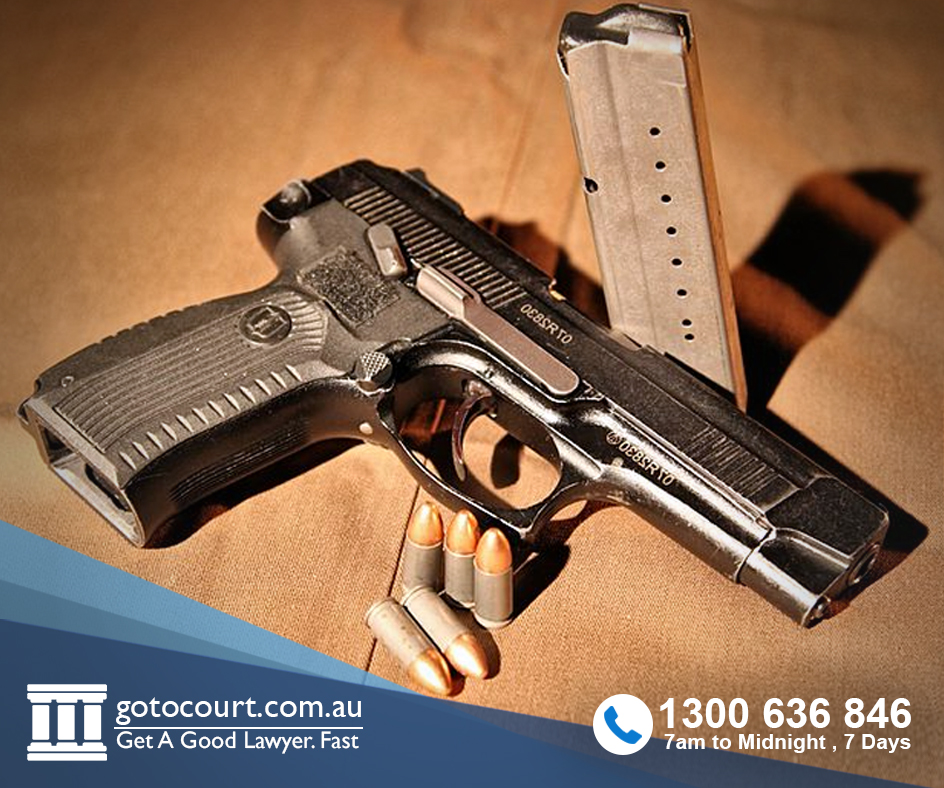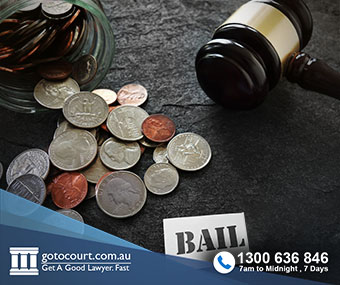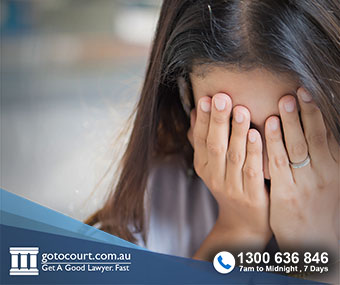Imprisonment in Queensland
Imprisonment in Queensland
When adults are sentenced for criminal offences in Queensland, there are various custodial sentencing orders the court can make. Queensland courts can sentence a person to an actual term of imprisonment, a suspended term of imprisonment or an order that combines prison and a probation order. The sentencing of adults for criminal offences is governed by the Penalties and Sentences Act 1992. Juveniles are sentenced under the Youth Justice Act 1991 and different sentencing orders are available. This article will outline the custodial sentences available to courts when dealing with adults.
Going to prison in Queensland (QLD)
When a person is sentenced to ‘actual’ imprisonment, this means serving time in prison. The court will impose a term of imprisonment within the parametres of legislative provisions. The term must be more than any minimum period set by the legislation and not more than the maximum period. A conviction will be recorded.
Intensive correction order
When a person is sentenced to a term of imprisonment of less than one year, the court can make an Intensive Correction Order, meaning that the term is served in the community under close supervision and with strict conditions. Offenders are required to report to a supervisor regularly and may also be required to attend rehabilitation programs and/or counselling and to perform community service.
Suspended sentence
When a person is sentenced to a term of imprisonment for five years or less, the court may choose to suspend all or part of the sentence for a set period. If the offender commits any offence punishable by imprisonment during the operational period of the suspended sentence, they will be ordered to serve the term of imprisonment that was suspended as well as any further sentence imposed for the new offence.
Indefinite prison sentence
When an offender is sentenced for serious violence or sex offences and the court considers that they pose a serious danger to the community if released, it can order them to be imprisoned indefinitely. This can be done based on the offender’s past history, health or mental condition, the seriousness and circumstances of the offence and other circumstances.
An indefinite prison sentence can be replaced with an order of a finite term of imprisonment if the court is satisfied that the offender no longer poses a serious risk to the community.
Imprisonment with parole
When a court imposes a term of imprisonment, it is either required or allowed to set a parole release date or a parole eligibility date, on which the prisoner may apply for release to the Parole Board. If no parole date is set, the prisoner may apply for parole after completing half of the term of imprisonment. However, there is an exception in the case of prisoners sentenced for serious violence offences, who must serve 80% of their sentence or 15 years (whichever is less) before applying for parole.
Combined prison and probation order
If it is appropriate, the court can impose a term of imprisonment for one year or less, immediately followed by a period of probation in the community for up to three years.
Mandatory sentences of imprisonment
When a person is sentenced for murder or repeat child sex offences in Queensland, the court must sentence the person to life imprisonment or to an indefinite prison sentence.
Sentencing principles
When sentencing a person for a criminal offence, the court must take into account the following principles:
- Deterrence, meaning the offender and the broader community are deterred from committing similar offences in the future;
- Rehabilitation, meaning the offender is given the opportunity to avoid further offending;
- Denunciation, meaning a message is sent to the community that the offending behaviour is not tolerated;
- Punishment, meaning the offender is punished for their conduct to the extent that is justified given the circumstances of the offending and of the offender;
- Protection of the community.
Appealing a sentence
When a person is sentenced for a criminal offence, the person can appeal against the sentence if they consider it to be unreasonably severe. The prosecution can appeal if it considers the sentence is unreasonably lenient. The Court of Appeal can then:
- Dismiss the appeal, meaning the original sentence remains;
- Allow the appeal, and increase, decrease or vary the sentence.
If you require legal advice in a criminal matter or in any other legal matter, please contact Go To Court Lawyers.

Affordable Lawyers
Our Go To Court Lawyers will assist you in all areas of law. We specialise in providing legal advice urgently – at the time when you need it most. If you need a lawyer right now, today, we can help you – no matter where you are in Australia.How It Works




1. You speak directly to a lawyer
When you call the Go To Court Legal Hotline, you will be connected directly to a lawyer, every time.

2. Get your legal situation assessed
We determine the best way forward in your legal matter, free of charge. If you want to go ahead and book a face-to-face appointment, we will connect you with a specialist in your local area.

3. We arrange everything as needed
If you want to go ahead and book a fact-to-face appointment, we will connect you with a specialist in your local area no matter where you are and even at very short notice.

















